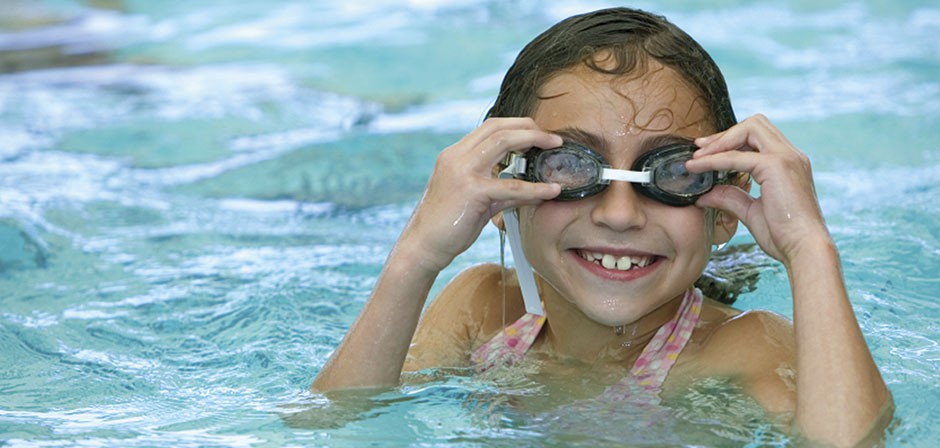
We’ve posted several items about the importance of teaching children to swim, swimming’s role in development and to their long term well-being as an adult. But one thing that you may question is whether or not your child should be a competitive swimmer.
There are many benefits of learning to swim and safety is the most obvious one. But there are other benefits of swimming – even if it’s just for exercise and fun – and they include better overall health and weight management. Swimming doesn’t come naturally but is a skill that your child must learn. Accomplishing the skills challenges your child mentally and physically to sharpen hand-eye coordination, focus and endurance. There is even evidence that children who take swimming lessons do better in school and reach higher levels of creativity.
Hopefully, swim lessons for your child would result in these benefits plus just helping them to develop a love for swimming, exercise and fitness and to build confidence and security around the water. These are the goals whether your child is a competitive swimmer or not. That decision to go competitive must be guided by other factors. The most important of those is your child’s desire to compete as a swimmer and passion about swimming.
A deep passion for the sport often parallels the child’s skills as they develop and it can be a natural path for them to compete. Be careful not to make your child feel as though they must be on a competitive team because that just may not be right for every child. Because of its importance as a life skill, you don’t want your child to transfer any dislike of competing in a meet situation to swimming in general. Provide encouragement and support to them and watch their competitive nature drive them to continuously improve their skills and develop increased self-worth and self-esteem. The decision to become a competitive team member should be your child’s – not yours.
Regardless of what path your child takes – as a competitor or not – swimming is very valuable to them as a life skill.


Conversations